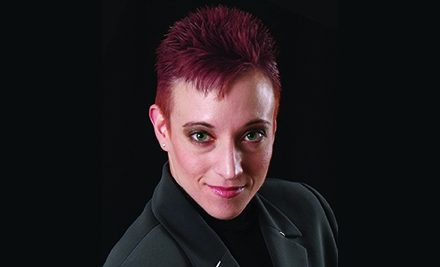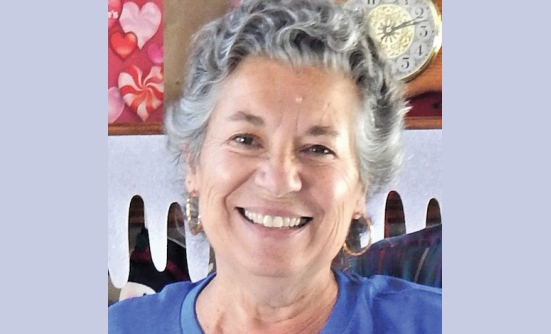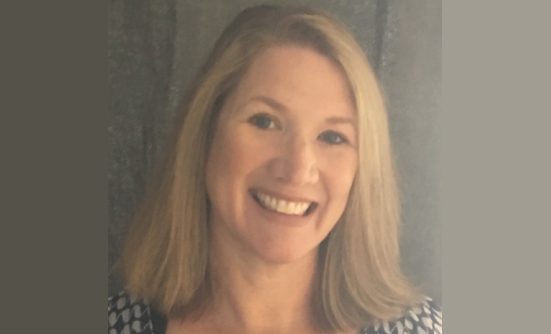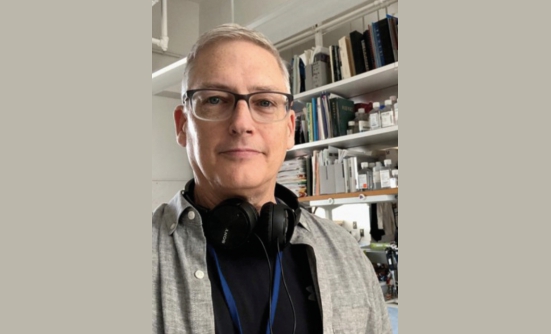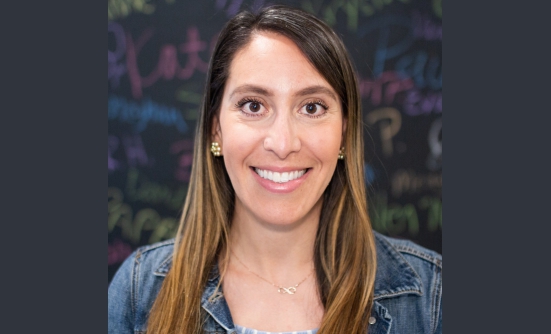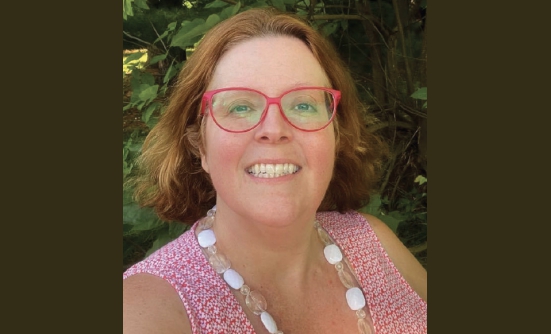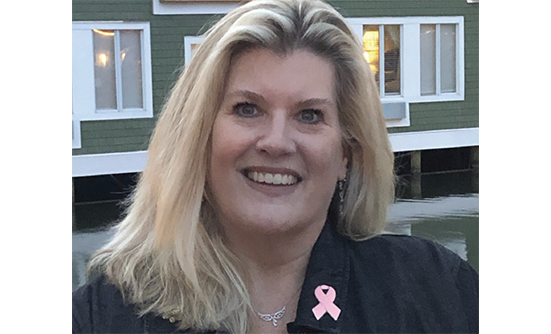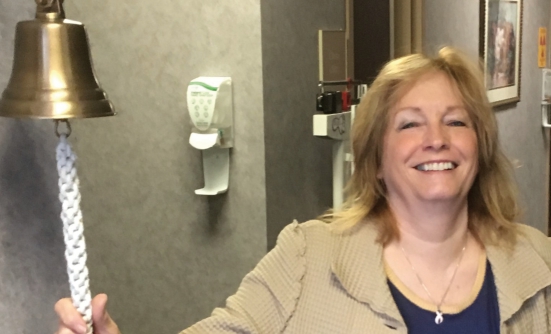You turned the page and here you are, facing this nightmare of cancer. It may have interrupted a retirement plan or came when you were planning a marriage or expecting a child. You may be young or old. The circumstances and lives that cancer affects are different, but as a fellow cancer survivor, I know there is much more to enduring cancer beyond mere survival. It requires steadfast determination, faith, and a fighting spirit.
My Diagnosis and My Passion
Despite my efforts, I was under and misdiagnosed for almost 6 months before formally hearing that I had cancer, something I strongly suspected. It was a rare, stage IIB endocervical tumor, or maybe stage III (we’ll never know), when I began treatment. I had undergone
surgery, radiation, and chemotherapy, renal failure, and small-bowel obstructions, all about 11 months after losing my mother to aggressive gastric cancer.
My primary caregivers were friends; some remained at my side, and some did not. I learned a lot about myself and others, most of all, that each of us is capable of strength beyond what we thought possible.
A law enforcement officer by training, I completed premedical studies after my cancer diagnosis and currently pursuing graduate work, with the goal of becoming a physician specializing in cancer care to address healthcare disparities. My passion is to make a difference for patients who need hope, require proactive care, and are looking for a physician who speaks from personal experience.
A Cancer Roadmap
As a cancer caregiver to my parents, providing support to many survivors, and a survivor, I have seen cancer from multiple perspectives. I know what traveling in the dark looks like and have always likened cancer to a forest at night on fire, while
trying to navigate it with a malfunctioning compass. Making it through that forest, a new normal awaits on the other side; a normal that may be physically, emotionally, and spiritually much different from what it was before. Below is a roadmap for traversing that forest.
1. Establish and maintain your therapeutic alliance. When newly diagnosed, seeking cancer care and choosing your providers can be a daunting task. Where do you seek treatment? With which physicians and medical professionals will you entrust with your care? What happens if you are not completely satisfied with your care? The therapeutic alliance between a patient and a physician is critical, and those you choose to be on your team represent an intensely personal decision.
Large hospital systems with extensive marketing budgets may get you in the door, but don’t overlook the smaller hospital systems, where patient care may be more personal. Achieving a symbiotic care partnership can depend on the provider’s ability and willingness to advocate for you, the patient, the empathy in care, a willingness to share information and decision-making with you, and the ability to innovate within the pressure-filled box of modern medicine and standardized care.
Our current medical system further complicates this picture, as many well-intentioned physicians are handcuffed by the need to follow the standard of care, legal compliance, and institution guidelines. It is your choice with whom you’re most comfortable but choose to maintain physicians who believe in your ability to achieve wellness and peace.
Continually evaluating your care team as your journey evolves is fine. If you are intensely loyal to your medical team, you may stay with the same providers throughout your journey, or at some point find that a different provider meets your needs better.
Leaving the physician’s office or hospital without a plan and/or with questions left unanswered, the feeling that you have become a bother, or noticing that the care team struggles to keep up because of overloaded schedules, are all cause for concern. Your doctor spending little time with you, as well as errors in diagnosis or treatment are also valid reasons to reevaluate your care team, or at least, bring your concerns to the attention of your physician.
2. Get educated and advocate for yourself. The value of a life of a patient with cancer can be explained as a cost-benefit ratio by a health insurer or by the totality of the work to an employer. The patient may be defined as a “case” in the physician’s notes, and as a medical record number by the hospital or treating facility.
It is within these concerns that many patients’ life energy weakens. Many patients accept a role as a bystander, because they believe it to be assigned to them in the uproar of their cancer diagnosis. Others, essentially lost in the trauma and horror of cancer, may accept some type of less-than-the-best care because of financial issues, lack of insurance, or geographic location.
As a patient embarking on, or in the middle of, your cancer care journey—get familiar with your diagnosis and options. Make a list of issues that are important to you, and document questions for your care providers. Maintain a binder with medical records, current medication information, test results, and appointments. Take notes to use later as reminders for yourself and loved ones of topics and plans discussed in the hospital or during an office visit. It’s never too late to start.
3. Treat yourself like you are someone you love. Many of us are used to being the caregiver, so to find ourselves in need of care is a strange feeling. We care for our family and friends, and often would go to great lengths to tend to their needs and be their advocate, if needed. By contrast, we can be our own worst critics, treat ourselves harshly, and follow internal scripts that can play games with our version of self-worth. It often takes a conscious effort to be mindful to treat yourself as you would a family member or a friend, with kindness and compassion.
Be especially cognizant of negative self-talk, be patient with your progress and less physically and emotionally demanding of yourself. Honor the you who is going, or who has gone, through so much.
4. Make use of resources. Cancer is a battle against an unrelenting disease that can be made much more difficult when surrounded by a world in which so few know exactly what you are dealing with. Understand that your loved ones will likely have their own anxiety regarding your diagnosis and find their own coping mechanisms.
If you have someone, or a group of loved ones, who will provide for your day-to-day needs, try not to leave them out. Include them in conversations with your medical team, who can explain expectations, treatment, and care options. This will allow you to share ideas and come to consensus on the next steps.
Next, be open to outside assistance. I went from being intensely private and enjoying control over my life to an existence mostly dependent on the kindness of others. It was admittedly embarrassing at the time, but looking back, quite necessary. Many people are quite willing to help a friend in need. If it feels awkward to ask for help, make a promise to pay it forward, or simply be openly grateful.
Your treating hospital can be a wealth of information regarding support groups and other assistance ranging from transportation to recommendations of local businesses that offer patients with cancer free house-cleaning and/or landscaping services while you are undergoing treatment. The Internet has also brought the cancer community closer together; there are phone apps for survivor and caregiver support, corporate and commercial airline travel options for patients with cancer seeking treatment far away from home, and other cancer-specific resources.
5. Seek out and develop coping mechanisms that work for you. From diagnosis through treatment and beyond, the process can move very fast and be very complicated. It is common to be in denial or be angry while in the middle of a whirlwind of decision-making and symptomatic treatment, in addition to the more usual everyday pressures of children, significant others, bills, and household chores.
Cancer is traumatic. Treatment is traumatic. That trauma can last beyond immunotherapy, surgery, radiation and/or chemotherapy. Mental health professionals, including traumatologists, can assist with developing and maintaining healthy coping mechanisms from diagnosis through care after treatment.
In the meantime, when faced with bad days and horrible moments that seem endless, break that time into the smallest components you can handle. For example, in my post-op days there were instances that my pain was uncontrolled. I managed to put one foot in front of the other, 30 seconds at a time. In other instances, I was able to extend that to a typical sitcom (30 minutes) or a football game (3 hours).
Remember, it doesn’t matter how fast you can place one foot in front of the other; you do, however, need to hang on. Trust me—you are worth it!
6. Explore your personal joy. Before my diagnosis, I hybridized irises and lilies as a hobby. I enjoyed the science behind the crosses and variations produced. It was not until the silence between hospital stays, treatments, and side effects that I truly appreciated the colors of the flowers, the sensation of a petal on my fingertips, or the amazing beauty of a dragonfly perched atop a dewy bud at sunrise in the stillness of the morning.
What started as appreciating the individual moments became a deep appreciation of life itself, with a focus on joy wherever and whenever it emerged. Whether it be drawing, traveling (as medically appropriate), journaling, music, or another hobby, explore your interests, and allow them to lead you—if even for a moment—to a place of greater joy amidst the madness of the disease.
Advocating for Yourself
As a cancer survivor, I am a member of “scanxiety,” or the anxiety faced by patients with cancer before their next imaging scan (and yes, time stops while awaiting the results of my PET-CT). Statistics showing that initial cancers are often followed by second and/or unrelated malignancies are always in the back of my mind.
I am keenly aware of my new normal; my abdomen and pelvis are heavily scarred. I deal with the omnipresent threat of further small-bowel obstructions; when those flare, I am rendered useless from hours up to days. It takes me longer to fully empty my bladder and, therefore, I spend a bit more time in the restroom. My allergies and taste for certain foods have changed. I also know what it is like to face seemingly insurmountable medical bills (even with insurance).
Despite the reality of my new normal, I don’t view cancer as something that happened to me, but more of something that happened for me; with hope that my journey can inspire others. If you’re a patient currently traversing that forest on fire I spoke of, I was exactly where you are, and feeling the same way, just on a different day.
As a patient with cancer myself, I can speak firsthand to the internal struggle to rise above the label of cancer, assume a new normal, and still live a driven life of purpose.
An involved, proactive approach to your care will help your fight and continue to save your life every day. Be empowered to form solid therapeutic alliances, advocate for yourself, use resources, and in the face of it all, continue to thrive!





